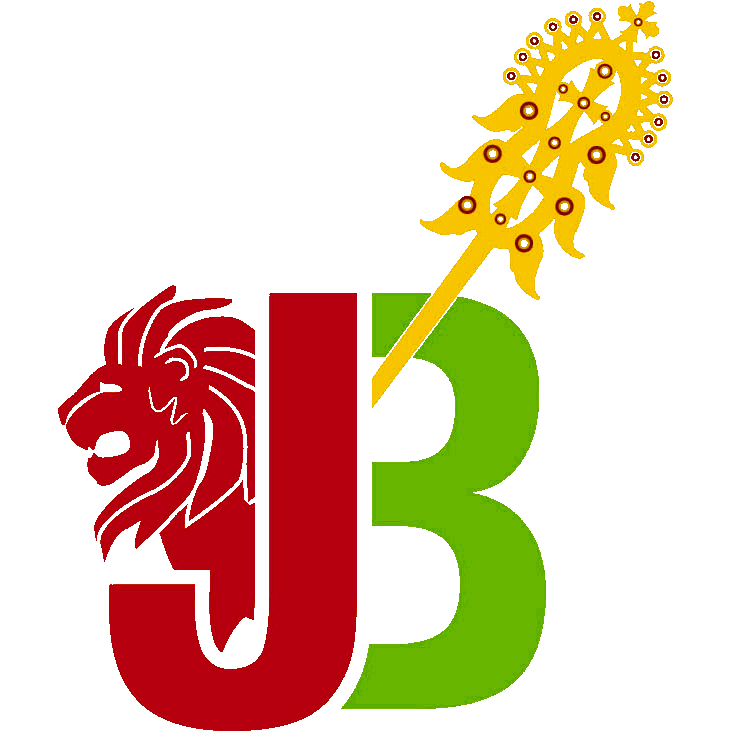 The story of Makeda, the Queen of Sheba, is always fascinating to me. For the mother of Solomon’s first-born son to be an African woman is a powerful thing. (Solomon himself was half African, as his mother Bath-sheba was a woman of the same region from whence Makeda came.) Yet, there are many lessons about coming to God that the Queen of the South rises up to teach us.
The story of Makeda, the Queen of Sheba, is always fascinating to me. For the mother of Solomon’s first-born son to be an African woman is a powerful thing. (Solomon himself was half African, as his mother Bath-sheba was a woman of the same region from whence Makeda came.) Yet, there are many lessons about coming to God that the Queen of the South rises up to teach us.
I want to meditate on two in particular: race and power. I want us to consider how those two impact ones ability to receive God. As we debate immigration and the worthiness of the Other to become heir to the blessings of our Country, I find it interesting that of all the kings and queens who would have heard of Solomon’s wisdom only this African queen felt it necessary to come and sit with Solomon to learn from him. Wise in her own right, she was able to “test Solomon with hard questions” (1 Kings 10:1). Yet, she alone is said to posses the boldness that would encourage her to seek out Solomon when her contemporaries would not. The story of Makeda demonstrates that race is not a factor in ones God-given worthiness in the eyes of God.
Some may ask how I know this. Well, given ancient Jewish custom towards women would we expect historians to chronicle a story of a queen if there were similar extant stories of kings?
 It is of this unexpected phenomenon that Dr. Alice Ogden Bellis speaks in her book, Helpmates, Harlots, and Heroes when she states that “We are fascinated with this rich queen who travels freely and interacts with Solomon as an equal.” That a woman in this time had the wealth to travel such a great distance and then heap upon Solomon gifts in an abundance “never again” to be seen is indeed a compelling social statement (1 Kings 10:10).
It is of this unexpected phenomenon that Dr. Alice Ogden Bellis speaks in her book, Helpmates, Harlots, and Heroes when she states that “We are fascinated with this rich queen who travels freely and interacts with Solomon as an equal.” That a woman in this time had the wealth to travel such a great distance and then heap upon Solomon gifts in an abundance “never again” to be seen is indeed a compelling social statement (1 Kings 10:10).
Clearly, this African woman possessed immense wealth. Of course Solomon was wealthier. Yet, the Queen of Sheba did not live in want. She was an equal and had no need to visit Solomon. Because of her wealth, she could have assumed temporal security. Yet while we can assume her contemporaries suffered that false sense of security, Queen Makeda was not disillusioned by her wealth.
In her wealth, she was still aware of her need for something more. And, in her desire for more she humbles herself to approach Solomon.
The paradox here is stark and helps us understand the process of coming to God: the boldness of the Other juxtaposed with the humility of the rich. In boldness with humility, the Queen of Sheba embodies them both and demonstrates how we ought approach Wisdom – Who is our God. In our diversity, we must be bold to not allow ourselves to be marginalized by those who feel our witness to be subject to majority interpretations. In our abundance, we must be humble enough to be aware of our need for “something more.”
May God bless us with such boldness and humility that we might receive the fulness of His divine bounty! Amen!
[JahBread-optin]
[fbcomments]







